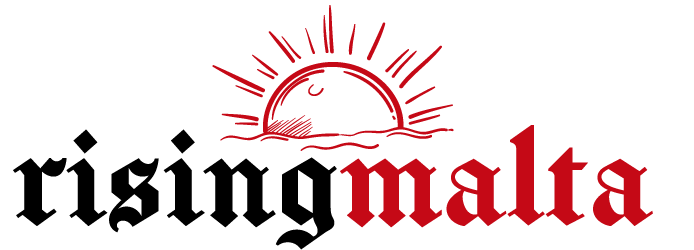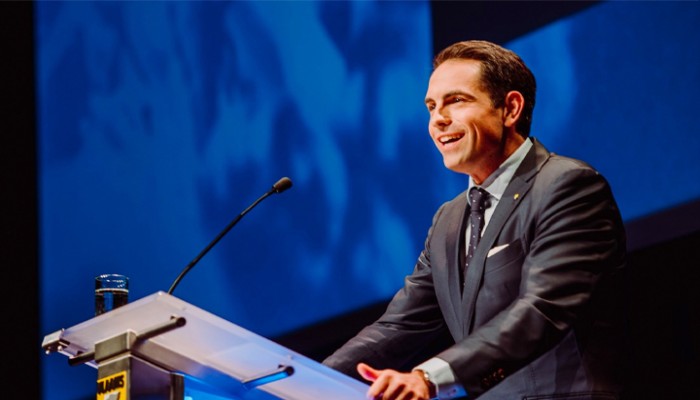
Belgium Faces Potential Surge in Far-Right Support in Upcoming General Election
Staff Report , Published: June 8, 2024, 9:06 am

Belgium is bracing for a significant shift in its political landscape as a general election on Sunday is expected to witness a surge in support for the far-right Vlaams Belang party, which advocates for the independence of Dutch-speaking Flanders. This election coincides with the European parliamentary and regional ballots, but the national vote is drawing the most attention due to the stark political divide between right-leaning Flanders and left-leaning Wallonia.
In Flanders, Vlaams Belang is projected to surpass the New Flemish Alliance (N-VA) for the first time, with polls suggesting it will secure 27% of the votes, up from 18% in the last general election. The party's leader, Tom Van Grieken, 37, describes Belgium as a "forced marriage" and aims to transform Flanders into a separate state with strict anti-immigration policies.
Meanwhile, Wallonia's political scene is dominated by the socialist party PS and the liberal Mouvement Reformateur (MR), both polling around 23-24%. The Belgian Workers’ Party (PTB) is also expected to perform strongly, particularly in Flanders where it runs as PVDA, slightly ahead of the current prime minister Alexander De Croo’s liberal party, Open Vld.
The election results are likely to lead to complex coalition negotiations, reminiscent of the previous marathon talks that lasted 652 days, resulting in a seven-party government led by De Croo. Despite potential gains, Vlaams Belang may face exclusion from power due to a longstanding "cordon sanitaire" agreement among other parties, preventing far-right participation in government.
The election raises critical questions about the democratic legitimacy of barring a popular party from power, a point highlighted by Benjamin Biard of the Centre de recherche et d’information socio-politiques. The N-VA has never fully endorsed the cordon sanitaire, and if combined with Vlaams Belang, they could potentially form a majority in the Flemish parliament. However, this alliance could complicate federal government formation, as several French-speaking parties have vowed not to collaborate with Vlaams Belang or its allies.
Prime Minister De Croo has hinted at a potential alliance with N-VA, suggesting a shift towards center-right unity. This move has faced backlash from left-wing parties within the current Vivaldi coalition, who argue for the necessity of a progressive bloc to prevent social regression.
As Belgium heads to the polls, the outcome remains uncertain, with the potential for significant political realignment depending on the election results and subsequent coalition negotiations.